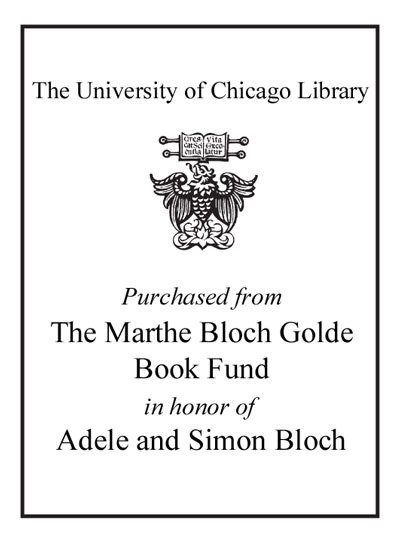Review by New York Times Review
She taught the Labor Party politicians a lesson, and they learned it. EVEN today, 18 years after she left office, Margaret Thatcher continues to provoke extreme reactions. Ask people in Britain what they think of her, or her legacy, and the one response you will not get is: "I never really had an opinion." Thatcher was the most divisive British political figure in living memory. Her influence on politics remains potent; Peter Mandelson, a progenitor of Tony Blair's New Labor, declared in 2001 that "we are all Thatcherites now." He meant that she changed the terms of political debate. Beaten into sense by four election defeats, Labor no longer aimed at changing the system and argued instead that it could run it better. Only last September, the newly installed prime minister, Gordon Brown, invited Thatcher back to 10 Downing Street for an hour of talks, keen to have himself pictured welcoming her in. So the fact of a new book about her and her government is not, of itself, surprising. Claire Berlinski's "'There Is No Alternative': Why Margaret Thatcher Matters" is, however, not what it might seem. Part biography, part travelogue, part Economics 101 study guide, part history, it is an immensely frustrating book, the whole being less than the sum of its rather incompatible parts. Berlinski's judgments are unfailingly correct. She understands the impact of Baroness Thatcher on Britain and the world. She appreciates the nuances of her relationship with President Ronald Reagan. She grasps the visceral feelings of admiration and contempt she aroused. She knows what mattered in the big picture. But so odd is the structure she has chosen to employ - more a series of extended notes than a book - that the useful and interesting points she makes are lost. She is quite right, for example, to stress that Thatcher's crusade against socialism was not merely about economic efficiency and prosperity but that above all, "it was that socialism itself - in all its incarnations, wherever and however it was applied - was morally corrupting." Indeed, Thatcher's lasting legacy was to change forever the nature of the British left, so that even when a Labor government decided, in effect, to nationalize the banking system - as it did in October 2008 - it did so not to replace capitalism but to save it. But instead of developing this point throughout the book, and analyzing how Thatcher managed it, or what it means today, Berlinski, a journalist and novelist, veers off into full transcripts of her interviews with some of Thatcher's colleagues. (And I mean full: they include all the distracting verbal tics, and discussions with waiters over what Berlinski and her subjects will be eating for lunch.) She devotes an inordinate amount of space to the views of Sir Bernard Ingham, Thatcher's press secretary, a peripheral figure who offers no worthwhile insights. There is also an annoying lack of context. Thatcher's three landslide election victories were so remarkable because she won them against the natural equilibrium of British politics, when a moderately left-of-center party opposes a moderately right-of-center party, as today. The only plausible reading of the past three decades is that British voters' default preference is for a sensible social democratic government and that they turn to the Conservatives only when the Labor Party presents itself as unworthy of office. There was no mass embrace of Thatcherism in the 1980s. But there was a collapse in support for Labor, with the party taken over by the so-called "loony left," and proposing in its 1983 manifesto (labeled by one Labor politician "the longest suicide note in history") such idiocies as unilateral nuclear disarmament. Labor managed just 27.6 percent of the vote in 1983; in 1987 it was still as low as 30.8 per cent. Once it started to move to the center, however, Labor reentered the political fray. In 1992, it reduced the Conservatives' parliamentary majority to just 21. Had it gone into that election with a leader seen by voters as fit to be prime minister, rather than with Neil Kinnock (tagged the "Welsh windbag"), then it might have closed the gap still more. Under Tony Blair, when Labor stuck firm to the center of the political ground, it was not merely electable; as a modern social democratic party, it really was, as Blair described it, the political wing of the British people. Thatcher won her three elections not because the public embraced a moral crusade from the right but because she was seen as being closest to the center, in contrast to an unelectably left-wing Labor Party. It is a shame that Berlinski, who clearly has a feel for British politics and understands the Thatcher phenomenon, chose not to write a more conventional by which one means more readable - account. Stephen Pollard, the editor of The Jewish Chronicle, is the author of "Ten Days: An Alternative History of Modern Britain," which will be published in July.
Copyright (c) The New York Times Company [October 27, 2009]
Review by New York Times Review

